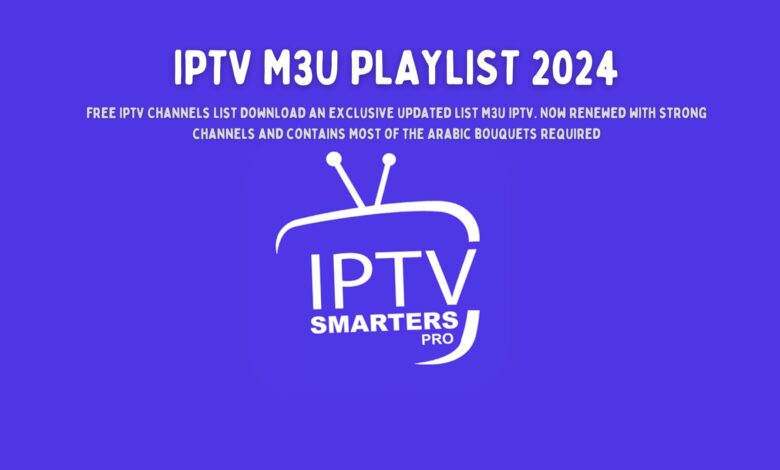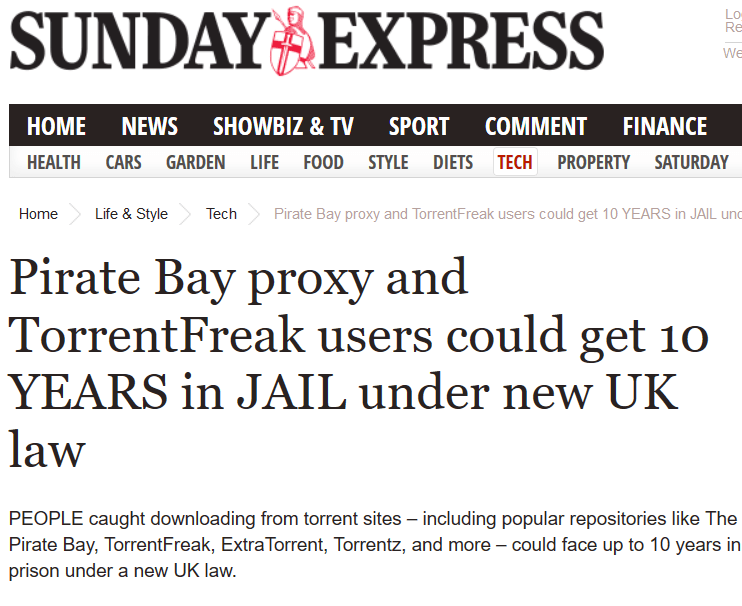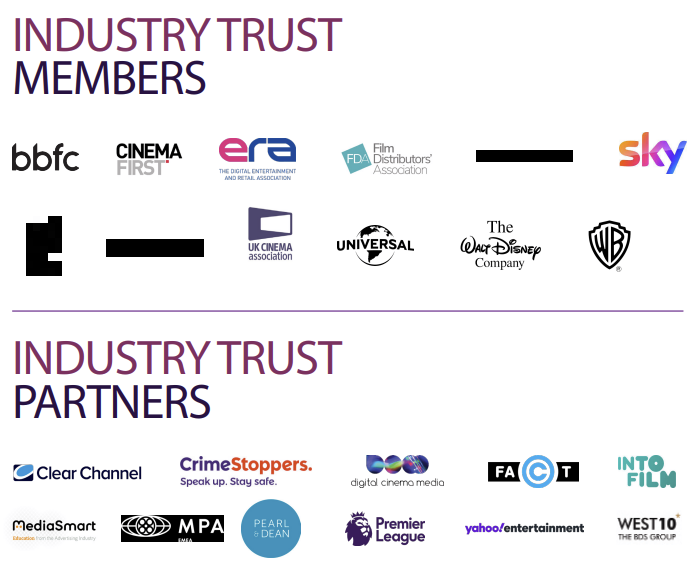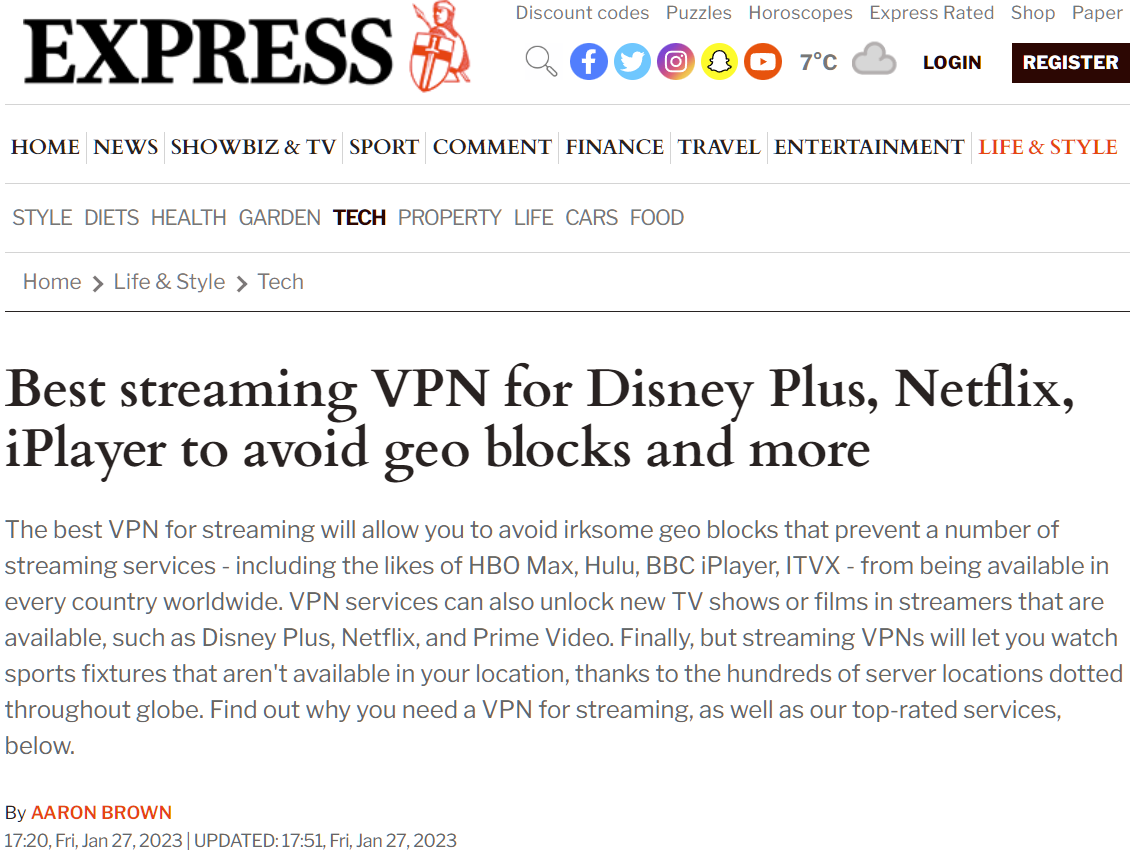The media has been broadcasting hacking scares for years, and their VPN ads are making Hollywood panic *TorrentFreak

 During international holidays, news can run dry in a tight space just like ours, so when a sensational headline suddenly appears after 14 hours on the desk, things aren’t so bad after all.
During international holidays, news can run dry in a tight space just like ours, so when a sensational headline suddenly appears after 14 hours on the desk, things aren’t so bad after all.
Sadly, the “sexy” headlines that started popping up around 2017 didn’t help.
Dramatic news articles in UK tabloids often impersonate articles published by TorrentFreak. But worse, many of them showed massive exaggerations that offended even basic common sense, with irrelevant bits of information being processed for SEO purposes.
Over time the trend went in a different direction. When Kodi addons became the new bogeyman of piracy, the tabloids devoured the drama. Headlines containing phrases like Free Streaming Warning and New Kodi Threat along with Jail and Police appeared in almost unlimited quantities, regardless of what actually happened.
When the tabloids started running complete nonsense about a change in UK law, people with influence could help put it right. We sure tried, but it only made things worse.

After streaming Android apps have been given the same treatment, recent allegations in the media that “illegal streaming detection cars” have been deployed on Britain’s streets are depressing. They also highlight an ongoing theme.
Each case of the atrocious “reports” sends a message of danger to the general public, warning that something terrible will happen if they are not careful. Oddly enough, however, misinformation never tends in the direction it is no Useful for entertainment industries. At least for now.
Hacking: a common problem
The Industry Trust For IP is part of the British Screen Entertainment Association. Sony, Universal, Disney, and Warner are listed as member companies, but their scope is much broader than that.

In a new Industry Trust For IP report, piracy problems in the UK are once again outlined. Overall, the report contains familiar talking points but with a fresh approach. Taking a whole-of-society approach to abuse in the UK suggests that if everyone makes a contribution, the big problem becomes more manageable.
“We created this breach overview to highlight ways we can make a significant change to the current situation of breach through understanding, collaboration, and action,” the report reads.
“It proposes a fully supportive policy framework, more consistent use of technology measures and a more responsible media environment, all underpinned by proven education and enforcement that can match the growing scale of the threat and will encourage audiences to appreciate and support creative endeavors.”
After waiting six years or so for people of real influence to do something meaningful to prevent industry and legal issues from being deliberately distorted in the press, the media mention came as a breath of fresh air. Unfortunately, a different problem is a much higher priority than factual reports.
Irresponsible articles
Listed as one of five ‘major problems’ facing the UK and presented in the report under the heading of misinformation, the explanation reads as follows:
An increasing number of mainstream movie news articles and blogs are giving consumers suggestions on how to search for content they may not have permission to watch.
Create a clickbait “Where can I watch X?” Headlines calling for online searches for unauthorized access and advice on how to get around permissions with VPNs downplay copyright more broadly and may offer a gateway to other forms of piracy, according to the research.
While language dances around the topic, it’s fairly clear what the report leads to. Since no regular consumer has permission to view or obtain content from a pirated source, the phrase “may not have permission to view” appears to introduce a variant known as a “license”.
The next paragraph seems to reinforce this with the phrase “Advice on how to navigate around permissions with VPNs”. No one can “move around permissions” to view pirated content, so that’s what articles promoting the use of VPNs to access legal streaming services from unauthorized sites.
The report does not mention the posts by name but does explain how to find them. A search for “where can I watch” and “VPN” (no movie required) returned this mainstream article. There is no indication that this particular article is considered offensive by the report’s authors, but it does fit criteria based on search criteria and content.

the The whole article It makes for interesting reading, and of course, audience members would reasonably argue that since they’ve paid for Netflix in the UK, what’s the big deal? We’ll leave that question open, at least for today.
A more interesting example can be found in the section that reads, “The best VPN for streaming can unlock thousands of new episodes of hit TV shows, live Premier League fixtures, and blockbuster movies that are not available to stream in your country.”
Articles with a similar theme can be found on The Mirror (1And2), the sun (1) and many, many others. They are certainly not uncommon and even appear in pro-Hollywood publications.
Hollywood Reporter (1And2) highlights some legal caveats but according to the Industry Trust report, even this can “diminish the importance of copyright” and “offer a gateway to other forms of piracy” – at least according to the research.
So what should the media do?
The recommendation begins “The media can ensure that reporting on surveillance methods respects the value of intellectual property and always directs the public to legal avenues.”
“Journalists and bloggers can take greater accountability for how they promote access to creative content, ensuring that advice on viewing methods respects copyright value and promotes legal pathways. They should be mindful of the adoption of internet search and VPN use for unauthorized access. It could create gateways to other forms of hacking.”
These suggestions are perfectly reasonable but let’s turn this around. When describing how easy and straightforward piracy is in the UK, the report uses this statement: Convenience and accessibility fuel engagement.
If this philosophy were applied to legal content instead, there would be no need for anyone to circumvent anything.
It’s a “whole society approach to abuse” and it’s an all-in-one solution.
the Full report Available from The Industry Trust
